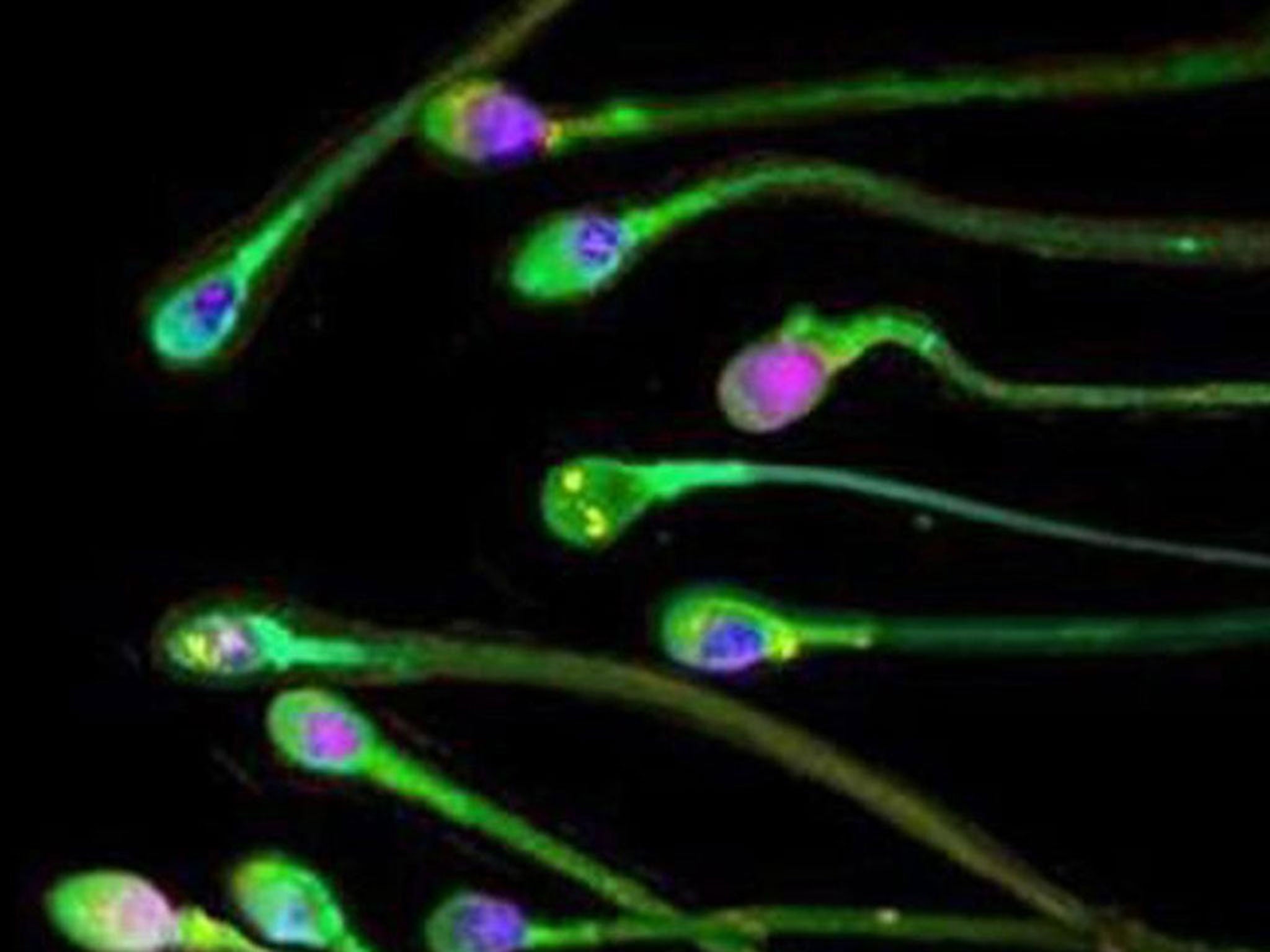Teenage fathers 'more likely' to pass on genetic mutations to children
Mutations occur when there is an error in the DNA copying process during cell division

Scientists at the University of Cambridge have suggested that teenage parents may be more likely to pass on birth defects to their children.
A new study that looked at 24,000 parents and their children found that sperm cells of teenage fathers had a 30 per cent higher rate of DNA mutation, which may explain why the children of younger parents have been found to have a higher risk of disorders such as schizophrenia, autism and spina bifida.
The analysis focused on miniscule genetic differences between parents and offspring, which are assumed to be caused by copying errors in the egg or sperm cells.
On average, fathers pass on at least six times as many mutations to their children as mothers. The results suggest sperm DNA is a less faithful replication of the paternal genetic sequence.
Mutations occur when there is an error in the DNA copying process during cell division, where a man’s characteristics are passed into the sperm.
The paper's author, Peter Forster, said: "Children of 15-year-old boys have about 30% more mutations than children of young men.
"It could be that the whole sperm production system is more error prone at the start … that it just isn’t optimised yet."
Join our commenting forum
Join thought-provoking conversations, follow other Independent readers and see their replies
Comments